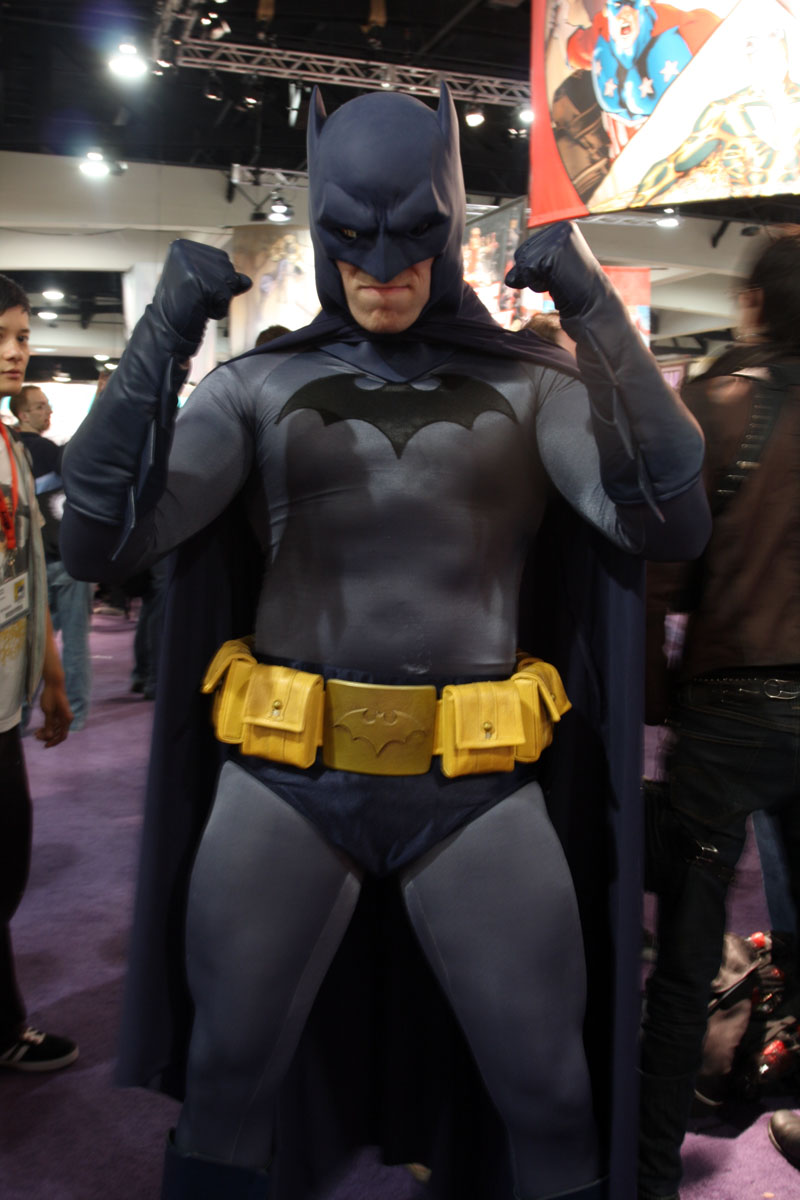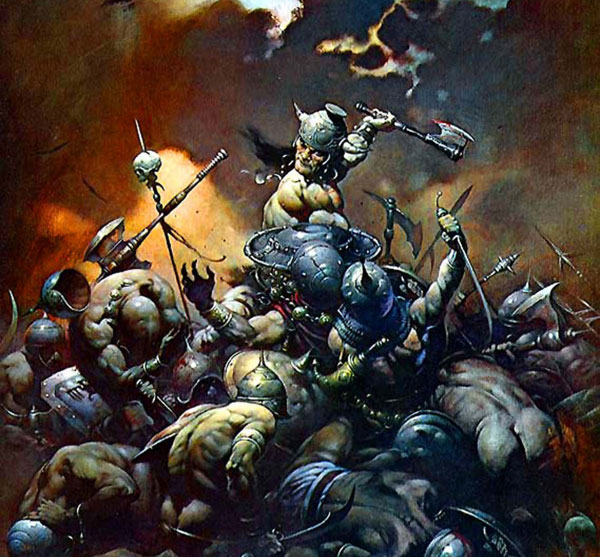Kind of like heterosexual, homosexual and metrosexual, geeksexual is a term that I like to use (actually I just made it up about ten minutes ago) to describe the sexual proclivities and orientations of that rapidly-expanding sub-culture of Geek.
Back up a second…where the hell did this come from? Well, if you have your finger on the pulse of geek culture, you have probably heard the recent rumblings about the misogynistic trolling over the relative hotness of “geek” girls and women (or chicks, as I like to call them). Basically, when a truly hot girl shows up at a convention like Comic Con, wearing a costume, the majority of hardcore geeks (once they wipe the drool from their chins) start ranting about how she isn’t really a geek-girl, but rather a hired model.
Unfortunately, there is some truth to this. As someone who went to the San Diego Comic Con for 10 years straight, I can assure you that many of them are hired models. However, not ALL of them are. There really are cute girls who dig on comics and RPGs and Anime, and who wear some pretty spiffy (and sexy) costumes. The problem is, Trolls see women in two categories at Cons: Real geek girls, the ones who may be pretty, but are varying degrees of less than perfect; and Hired Models, sent there to sell shit to hormonal geeks. And why do they think this way?
I think High School is the answer.
High school is where our opinions, likes and dislikes are sometimes formed, but always cemented. So, think about the people you went to high school with. Think about the five prettiest girls in your class. Not just the ones you had a crush on because of your particular tastes, but the ones who are classic expressions of “beautiful.” The hot chicks, the “mean girls,” the popular ones. Now, of those, how many of them do you think played D&D? Read comics? Played video games? Statistically speaking, probably less than 1%. The overwhelming majority of the “beautiful people” we all openly hated, but secretly envied, had no interest in anything traditionally “geek.” Certainly nothing that would be featured at Comic Con or Gen Con.
As a result, we are programmed to believe that beautiful people don’t like geek things. Now, flash forward 10 years. You have lived your life embracing your geek loves, and you are geek from your ragged hairdo, to your beat up running shoes and ill-fitting clothes. Suddenly, while at your local comic convention, you see what appears to be one of the beautiful girls from your graduating class dressed up as Rogue. What? She can’t be real. Because beautiful people don’t read comics. So, what else would she be doing here in that getup?
“But more people are playing video games than ever before!” you say? Very true. And I bet that the cheerleader at the local high school probably logs into her Xbox Live account and kicks ass on Modern Warfare 3 at least a few nights a week. Things have changed. More and more people from all walks of life, are embracing Geek. Because they are learning what we have always known: That Geek Culture is about playing and having fun.
Unfortunately, just like other cultural stereotypes, geek (and anti-geek) ones are perpetuated from one generation to the next. That 16-year old D&D player is trolling because he learned from his 41-year old D&D playing father that cheerleader-types don’t like our kind. That all they like is shopping, make-up, an making out with the quarterback.
So, what’s the answer? Well, there isn’t one. Not a fast and hard one, anyways. Geek girls need to continue to fight for their right to be geeky without prejudice, just like gays are fighting for their right to marry, and blacks and women had to fight to vote. It’s just a minor, sub-cultural revolution. But not every revolution has to change the world.








